Darwin Port a test for China policy
It is one thing to block China’s proposed investments; it is quite another to take back investments China has already made.
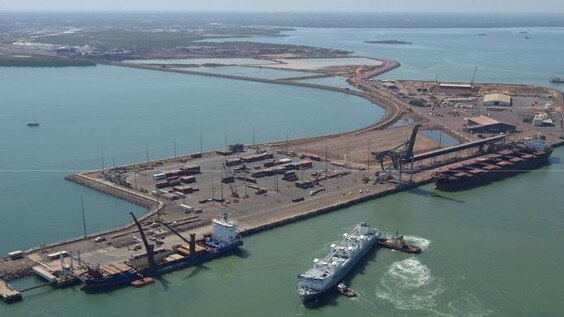
This review is driven by the political system. It is not driven by anything Landbridge has done. It is not driven by any new identified security threat at Darwin Port. It is not driven by any identifiable threat to defence operations, or the rotation of US marines through the Northern Territory.
Any decision by the Morrison government to terminate the six-year-old, $506m Darwin Port agreement would constitute a far-reaching escalation of Australia’s tensions with China. It would break the previous pattern when Australia’s decisions have been largely in response to Beijing’s provocations. And it would cross a threshold that must raise questions about other Chinese investment in Australian infrastructure.
If a Chinese company cannot have ownership of Darwin Port, how can Chinese companies have ownership of other ports, electricity, gas and power assets as previously approved? Yet if Australia decides to repudiate commercial agreements, there are two consequences: it sends a message to China; and also to international investors with sovereign risk implications. Australia needs strong and persuasive reasons to take such actions.

This week, Beijing suspended the China-Australia Strategic Economic Dialogue, signalling a further hardening in the trade relationship — widely assumed to be in retaliation for the Morrison government’s cancellation of the presumptuous Victorian ALP government Belt and Road agreement with China.
Yet this is small beer compared with what is now contemplated — unscrambling the Darwin Port lease agreement, with the threshold this crosses. If this happens, it will start a new story because pressure from China hardliners in this country won’t relent. They will move to unscramble the next item in China’s infrastructure investments.
The biggest mistake people can make is to think the China relationship cannot get worse. This raises the question: should Australia now engage in retaliatory decisions guaranteed to make it significantly worse? It is one thing to block China’s proposed investments; it is quite another to compulsorily take back investments China has already made, provide compensation and presumably try to resell the assets.
The danger is that the public debate on China is going off the rails. Talk of war needs to be curbed. Australia faces serious strategic pressure and economic coercion from China that demands a strong, disciplined and proportionate response. This is our new normal, probably for years. We need to live with this reality, become more resilient, and prioritise national security — but eliminate both fatalism and exaggerated talk of war that is not mirrored in actual decision-making.
It must be emphasised that no new decision on Darwin Port has been taken. But the government has created this option, and has done so in public. A few weeks ago, Scott Morrison, asked about Darwin Port, said if the Defence Department raised security concerns then he would act, a sign that the Prime Minister might be prepared to reverse this decision.
New Defence Minister Peter Dutton then announced that cabinet’s National Security Committee had asked the Defence Department to reassess the Darwin Port situation. Normally such a sensitive security request would remain confidential. But Dutton made it public.
The Defence Department is on the horns of a dilemma, under pressure from senior ministers to change its security assessment. One can probably anticipate a form of words from them that gives the government cover to switch policy on the Darwin Port, if that is its preference. If, as seems likely, there is no security issue arising from the port’s current operations and Landbridge’s activities — given Australia has full sovereign control of the port anyway — the basis for finding a national security problem would seem to rest in China’s intentions and outlook being more threatening now than they were before.
In attempting to come to grips with this issue there are three core points. First, the 2015 federal government acquiescence in the Darwin Port lease was the correct and justified decision at the time, with the Northern Territory government having followed correct procedures and the national security advice being unequivocal that there was “no threat” — after thorough assessments from both the then Defence Department head Dennis Richardson and ASIO chief Duncan Lewis.
The Foreign Investment Review Board did not make a decision because the transaction did not fall within its legal ambit. But the federal government was involved, and detailed assessments were made. Constant claims by commentators that allowing the Darwin Port lease at the time was the wrong decision are an untenable view of history.
There was simply no basis for a veto at the time on security grounds or any other grounds. The federal government had the power to sway the NT government from the deal, but had no reason to do so. The upshot, however, is that the decision left ministers worried, particularly once public opinion turned anti-China.
Morrison, as treasurer, was immediately concerned. He closed the legal loophole, thereby giving the government formal reviewing power in future.
Second, the strategic and investment relationship with China changed radically in the next three years over 2016-18. The issue facing the Morrison government now is not whether the 2015 decision was wrong. The question becomes: what is the correct assessment in 2021?
In a revealing comment, former prime minister Malcolm Turnbull told Inquirer: “I think if the Darwin Port issue had been under consideration two years later I suspect a different decision would have been taken.” This is an illuminating pointer to the change of sentiment. Indeed, it is a view with wide currency. Since 2015, a growing narrative has developed that the Darwin Port decision was a blunder. This is not because of the security situation at the port, but rather because of the deeper threat China now poses. Morrison has sent several veiled messages to this effect over the years.
Such sentiments were only accentuated when the ad hoc nature of the foreign investment review system was exposed in a 2016 shambles when the government vetoed the proposed Chinese investment in Ausgrid, the largest electricity network in Australia, for serious and specific national security concerns — but only after the security problem was identified at the 11th hour.
Ausgrid was a far more important issue than Darwin Port. It became a “China wake-up” call for both Turnbull and Morrison, as PM and treasurer, and they put the system under review. In 2017, Morrison appointed former ASIO chief David Irvine as chair of the Foreign Investment Review Board. A Critical Infrastructure Centre was created.
Last year, Treasurer Josh Frydenberg announced the most sweeping changes to foreign investment policy for several decades, recognising the fusion between investment and security. Frydenberg made clear that any comparable Darwin Port proposal would now be rejected — another proof of changed sentiment.
Frydenberg’s new policy had a “call-in” provision that if such an investment was subsequently deemed to create a security risk, the treasurer could alter the terms of approval or order divestment. But this power, critically, was not retrospective. In effect, it left Darwin Port standing intact.
This leads to the third point: whether the six-year-old decision should actually be unscrambled. This would take the government into new territory. It involves extremely difficult decisions. What exactly is the national security risk at Darwin Port? If it didn’t exist before, how does it exist now? And if it does exist now, how serious or probable is the threat, and what should be done?
It is important that Australian governments have the courage to take decisions in the national interest that offend China. It is equally important that Australian governments are measured about such decisions, taking into account the full consequences.

The government should be wary. It is possible that China’s trade retaliation might be coming to a pause and, if so, does Australia want to ignite another round of Beijing retaliation?
The reality, of course, is that our iron ore exports to China are an infinitely greater strategic benefit to Beijing than Darwin Port, but this truth is loaded with too much embarrassment.
The government must have a clear security basis on which to change policy on Darwin Port. Yet as recently as September, then defence minister Linda Reynolds, on a tour of NT military facilities — and speaking at a joint media event with then US ambassador to Australia Arthur Culvahouse — said: “We don’t have any current defence or security concerns in relation to Port Darwin.”
This was the view of the Defence Department just last year. So what will the department say now when reporting to Dutton, a far more forceful minister? Asked by Inquirer whether the 2015 decision was correct, Dennis Richardson said: “Yes, I have not seen a single argument put forward by anyone offering a convincing reason why we should have said ‘no’. You need a rational basis for security decision-making. In no way was this the wrong decision.”
Turnbull, as a new PM, only became concerned when then US president Barack Obama had a crack at him during the APEC meeting in Manila in November 2015. The Americans didn’t like the Darwin Port decision. Obama complained his administration only learnt about the decision from US newspapers, an oversight for which Richardson accepted responsibility. Turnbull, however, quite appropriately suggested to Obama he might buy the White House a subscription to the NT News in which the issue had been reported for months, even years.
Turnbull then spoke to Richardson and Lewis to ensure the federal government’s assessment was sound. Richardson did a second consultation with the Defence Security Agency, the Australian Signals Directorate, the Chief of the ADF, and the Chief of Navy — with the same result.
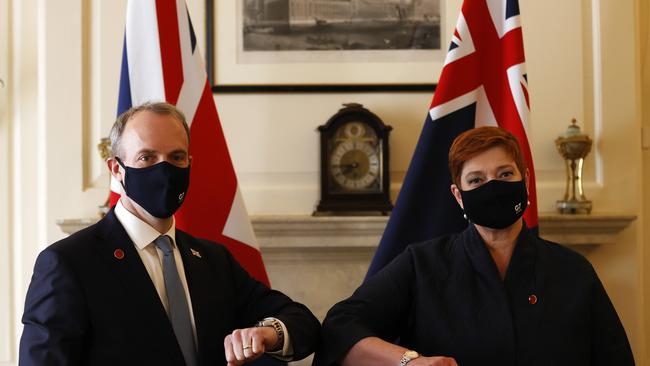
Lewis was at pains to tell a parliamentary inquiry that ASIO spent a long time making an assessment — including all of the ways the port was operating, involving both ownership and management — and concluded “there was no reason based on security consideration” for the lease not to proceed.
But that was 2015, and this is 2021. China policy is now heavily tied to domestic politics — as it is in the US.
The Morrison government needs to secure its right flank. Yet a strange coalition has formed involving the Labor Party and the Coalition’s right wing calling for action on Darwin Port. The issue risks becoming a symbolic test of the Morrison government’s credibility on China.
Much of the heavy lifting on Darwin Port has been done by the executive director of the Australian Strategic Policy Institute, Peter Jennings, who argued this week the Defence Department must now redeem its “dreadful policy error” from 2015. But Jennings’ deeper point was that President Xi Jinping’s quest to dominate the Indo-Pacific and supplant the US as the region’s leading military power means that “control of the port matters even more now than it did in 2015”.
In short, this argument is that China’s intent and capability since 2015 has changed the equation. Senior ministers, to a greater or lesser extent, seem to accept this proposition. The question therefore becomes, what to do? Richardson said: “If we are about to go to war with China then, of course, we need to take back control of the port.” But the Morrison government is yet to reach this conclusion, as the PM has indicated.
While this issue has a long way to run, there are two principles the Morrison government should remember. The first is to universalise any policy change and not make it specific to Darwin Port. If we need new rules based on national security applying to ports or critical infrastructure, then they should apply across the board to all ports and/or critical infrastructure. This is the smart approach in policy and political terms. For some, it may have a drawback — it plays down the idea of humiliating and punishing China over Darwin Port.
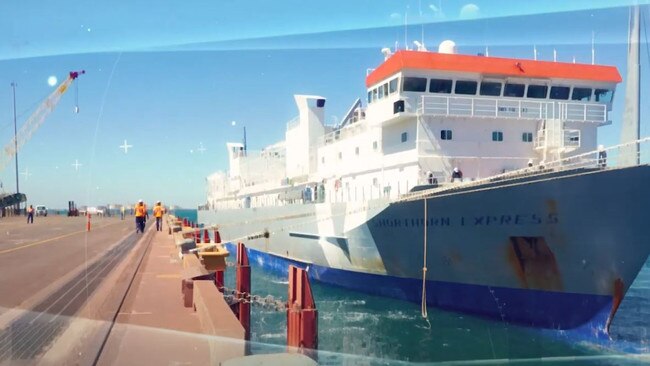
Second, the government needs to reduce the role of the FIRB in managing national security risks and elevate the role of the Security of Critical Infrastructure Act 2018, along with the amendments to this act proposed in 2020.
This law involves the full identification of all critical infrastructure, its ownership, control and management. It empowers the home affairs minister “to direct an owner or operator of critical infrastructure to do, or not do, a specific thing to mitigate against a national security risk”.
Let’s get real: there are Chinese investments in infrastructure in this country that are more potentially sensitive then Darwin Port. They all need to be managed with finesse, not a financial crowbar.
The Morrison government has set itself a test. Is its purpose to mitigate national security concerns while minimising the further damage to relations with China? Or is it chasing a high-profile demonstration effect against China for domestic purposes?




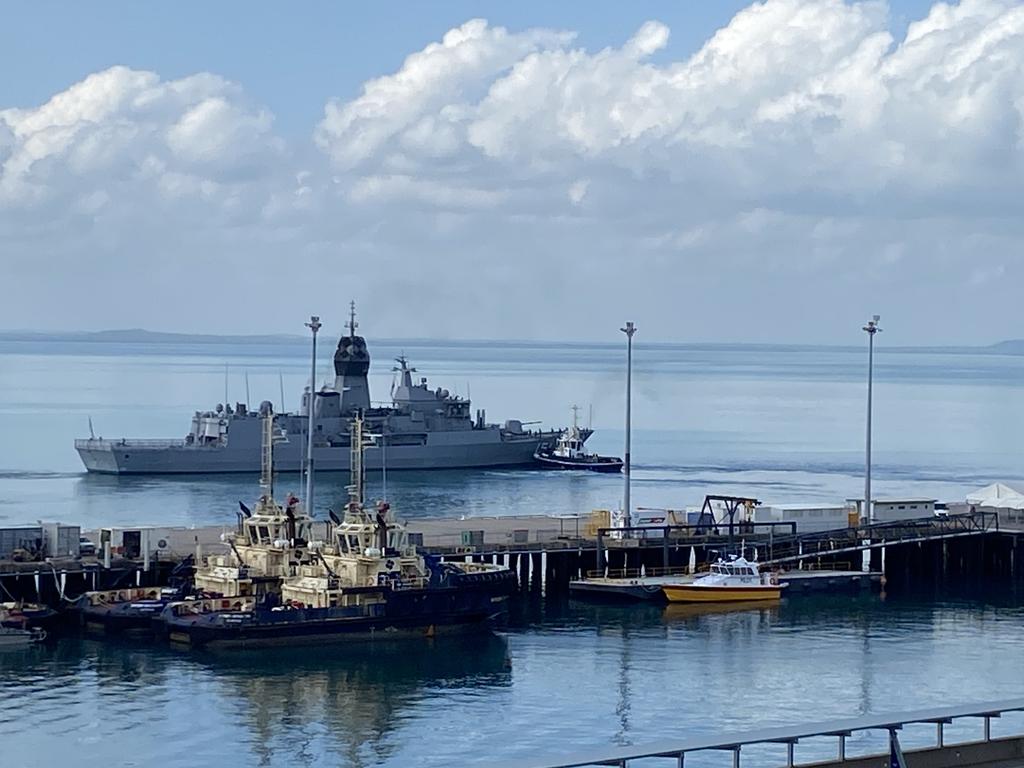
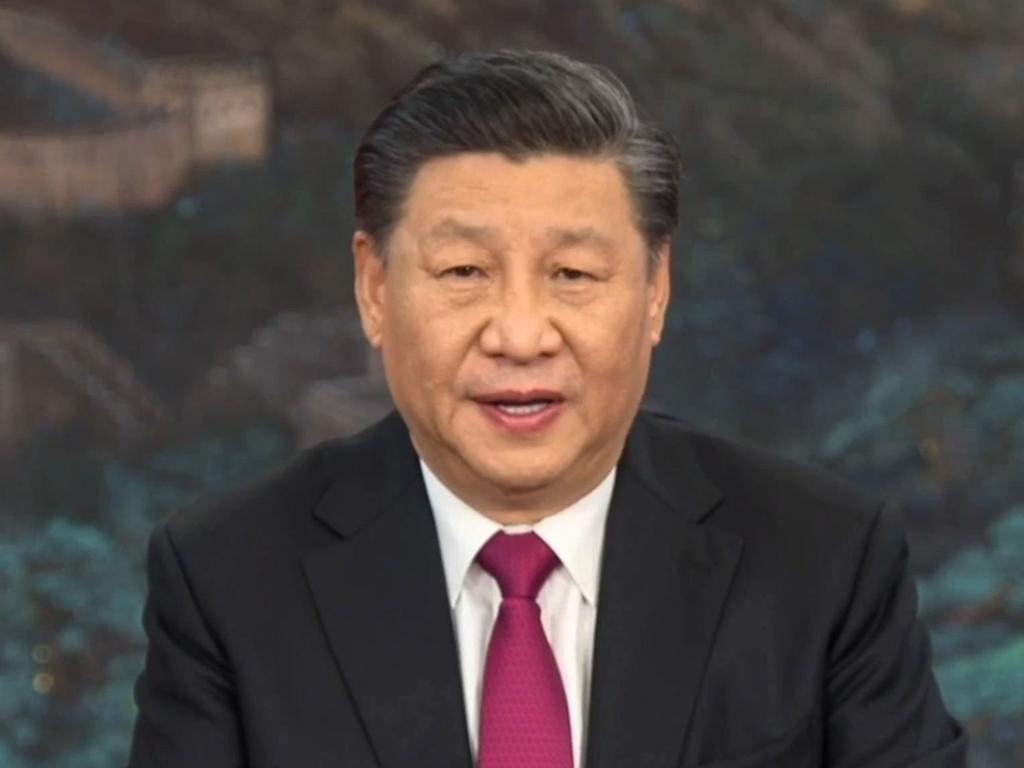


By seeking new advice from the Defence Department on whether the lease of Darwin Port to the Chinese-owned Landbridge company constitutes a risk to national security, the Morrison government opens the door to Australia initiating a significant toughening in its China policy.